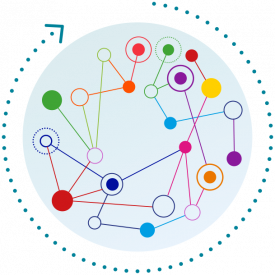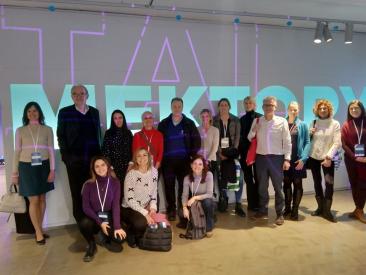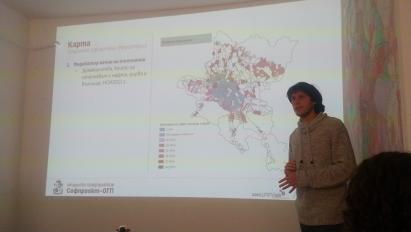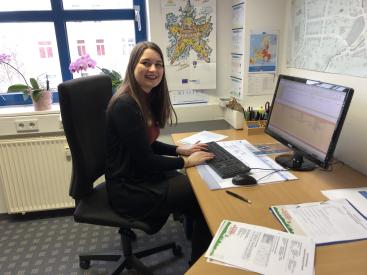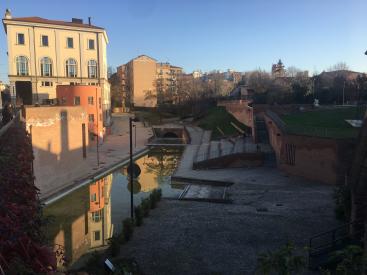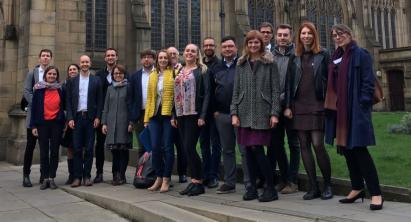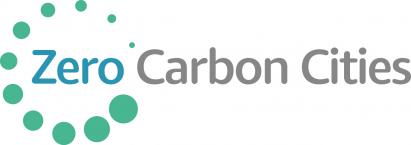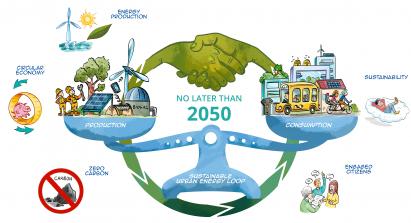Com.Unity.Lab Sofia prototyping a Social Cohesion Map
“In 2050 the citizens of Sofia enjoy good opportunities for realization and environment, where they can achieve high quality of life. They love their city and have a sense of belonging to it. Neighborhoods create conditions for the formation of cohesive communities. Social exclusion has decreased, people communicate actively and calmly, public spaces are lively and create a sense of identity, shared narrative and solidarity. ”
Thus, Vision Sofia presents the goal for “Cohesion and Communities” part of the vision’s section called “People”. But which are the practical next steps to focus on the gradual achievement of this goal? By the end of 2019, Sofia already had a prototype map, which presents the neighborhoods in Sofia municipality according to their level of social inclusion.


